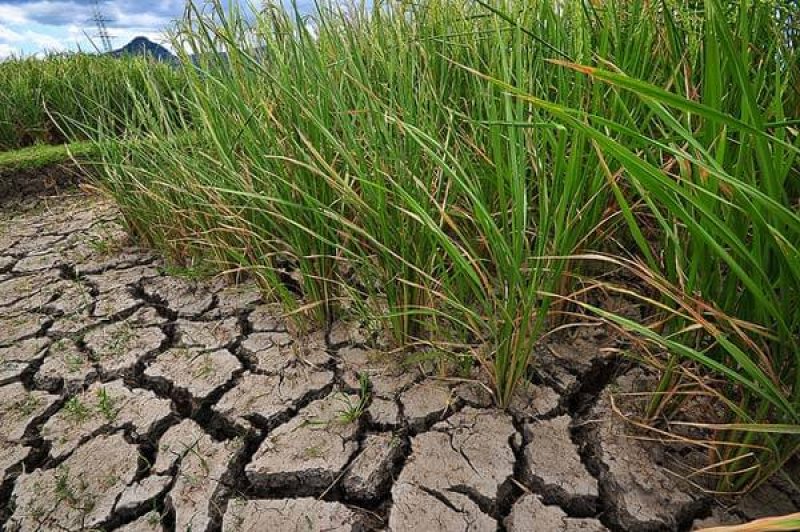Pamela Ronald stands in front of two rows of rice plants, sprouting from black plastic pots, in a stifling greenhouse on the edge of the University of California, Davis, campus.
Researchers in Ronald’s plant genetics lab starved the grasses of water for more than a week. The ones on the right, the control in the ongoing experiment, are yellowing and collapsing. The leaves in the adjacent plants, equipped with an added gene, are thick, tall, and green.
The hope is that these or similar genetic alterations could help rice and other crops survive devastating droughts, preventing food shortages in some of the poorest parts of the world. Ronald, a trim scientist with short brown hair, smiles as she looks down at the early results.

…
The work at Ronald’s lab on drought-tolerant rice varieties is in an early phase. She declines to discuss details, including the basic approach, until they’ve conducted additional experiments to verify the initial results and published their findings.
Other scientists around the world are also racing to develop drought-resistant crops, and have already achieved some advances, including sprays, hybrids, and genetic alterations that help crops switch into water-preserving modes at earlier signs of trouble, or otherwise enable plants to get by with less moisture.
The GLP aggregated and excerpted this blog/article to reflect the diversity of news, opinion, and analysis. Read full, original post: Reinventing Rice for a World Transformed by Climate Change































